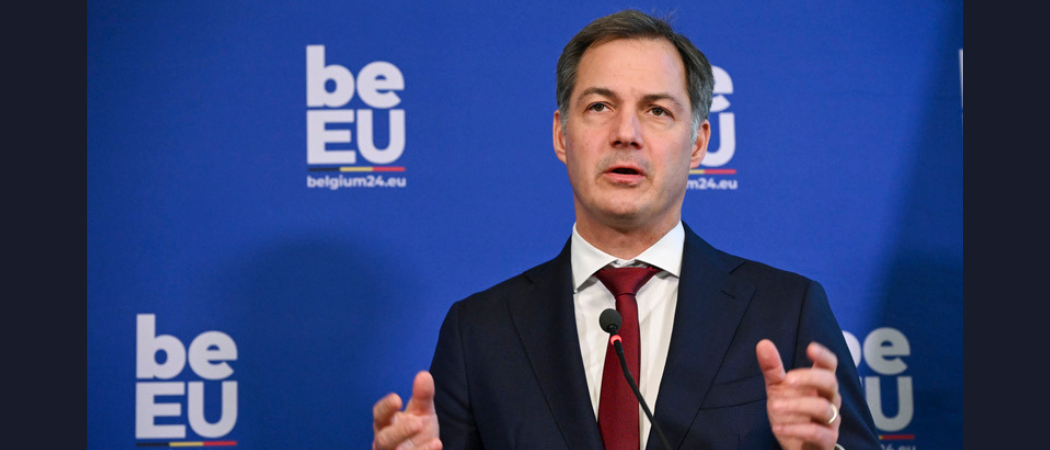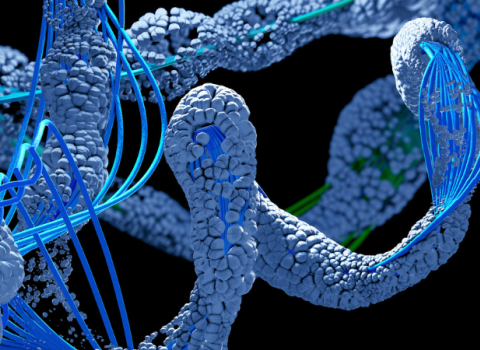As he marked the start of Belgium’s EU presidency, Alexander De Croo painted a pessimistic picture of Europe’s competitive position in the ongoing technology tussle with the US and China

Belgium’s prime minister Alexander de Croo. Photo: European Union
The EU should “switch to a higher gear” to remain an “innovative, creative, capital-rich and productive continent”, said Belgium’s prime minister Alexander de Croo in a speech at today’s plenary session in the European Parliament.
De Croo was marking the start of the Belgian presidency of the Council of the EU, and facing up to a difficult six months heading into the EU elections in June. There are bound to be distractions, but Belgium wants to put a focus on the bread and butter issues of translation and commercialisation of research results, and on international cooperation.
De Croo told MEPs that innovators in the EU still struggle to access risk capital and venture capital to grow their businesses and expand into new markets. He repeated the old mantra that Europe is strong on innovation, but weak in scaling up, with young entrepreneurs struggling to bring their ideas to the market.
“We need to go from invented in Europe, to developed in Europe, all the way to made in Europe,” he said.
The EU has been trying to support entrepreneurs and high-tech start-ups at various stages of development, but with varying degrees of success.
The InvestEU programme provides long-term funding to innovative companies, while the European Innovation Council gives out grant funding and equity to support the commercialisation of advanced technologies. More recently, the European Commission put forward a plan for a new investment platform for strategic technologies, STEP, the details of which are still being debated between the European Parliament, Commission and Council.
After Russia’s invasion of Ukraine, and as the US and China have raised the stakes in their ongoing tussle over strategic technologies, the EU was suddenly confronted with the need to future-proof its economy.
The bloc is lagging behind the US and China in fields such as artificial intelligence and advanced microchips, but it is also losing out in more traditional industries in which it was previously a leader, such as car manufacturing. With the world shifting towards electric vehicles, EU manufacturers are struggling to keep up with battery and software technology coming from the US and China.
To fix all this, De Croo called for an industrial deal to sit alongside the Green Deal, which was put in place almost five years ago in a bid to transform the EU’s economy into a powerhouse for green technologies.
While large chunks of the legislation have been enacted, more work remains to be done, particularly in terms of aligning these policies with an industrial strategy, and creating more incentives for the private sector.
“The climate policies of China and the US contain an abundance of carrots for their industry while we, here in Europe, all too often grab for the stick. We are leaving too little room for our companies, too little room for innovation,” said De Croo.
A shift in thinking, “is not only vital for our prosperity, but also crucial to win the fight against climate change,” he said.





 A unique international forum for public research organisations and companies to connect their external engagement with strategic interests around their R&D system.
A unique international forum for public research organisations and companies to connect their external engagement with strategic interests around their R&D system.